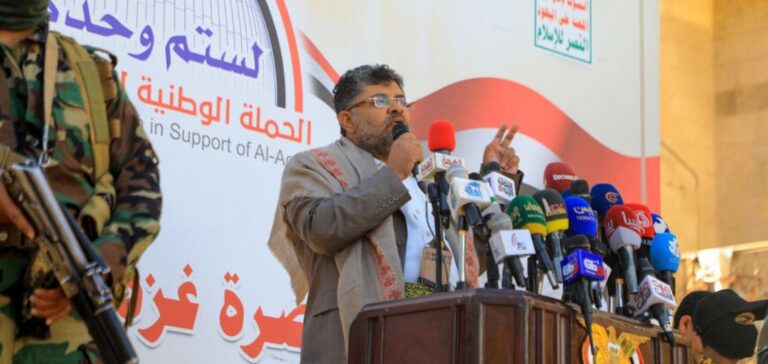The Houthis have stepped up their threats against Saudi Arabia, linking the security of Saudi oil installations to the use of Saudi airspace by US forces. In an interview on al-Masirah TV, Mohammed Ali al-Houthi explicitly mentioned that Saudi Arabia would become a target if it allowed US fighter jets to take part in the aggression against Yemen. Saudi Arabia and its state-owned oil company, Aramco, did not immediately respond to these threats.
Impact on world oil trade
Houthi attacks have multiplied since the start of the conflict between Israel and Hamas in October 2023, particularly around the Bab al-Mandeb Strait, through which 10% of the world’s oil transits. These assaults target tankers and containers with links to Israel, forcing several international shipping lines to divert their routes to the longer Cape of Good Hope. In response to the attacks, the United States formed an international coalition comprising Australia, Bahrain, Canada, Denmark, the Netherlands and New Zealand.
Saudi Arabia’s reaction
Saudi Arabia has not yet announced its membership of the US-led coalition. The kingdom is seeking to avoid escalating the situation, despite repeated attacks on its infrastructure and oil tankers. The war between Saudi Arabia and the Houthis, which has been going on since 2015, has already had a significant impact on the regional energy sector.
The Houthis have targeted critical energy facilities in Saudi Arabia, including the oil stabilization facility at Abqaiq and substations associated with the Khurais oil field in 2019. These attacks halved Saudi oil production and caused the biggest intraday rise in oil prices since the Gulf War in 1990. Drone surveillance of Aramco facilities, including Khurais, is a security measure adopted in response to these threats.






















